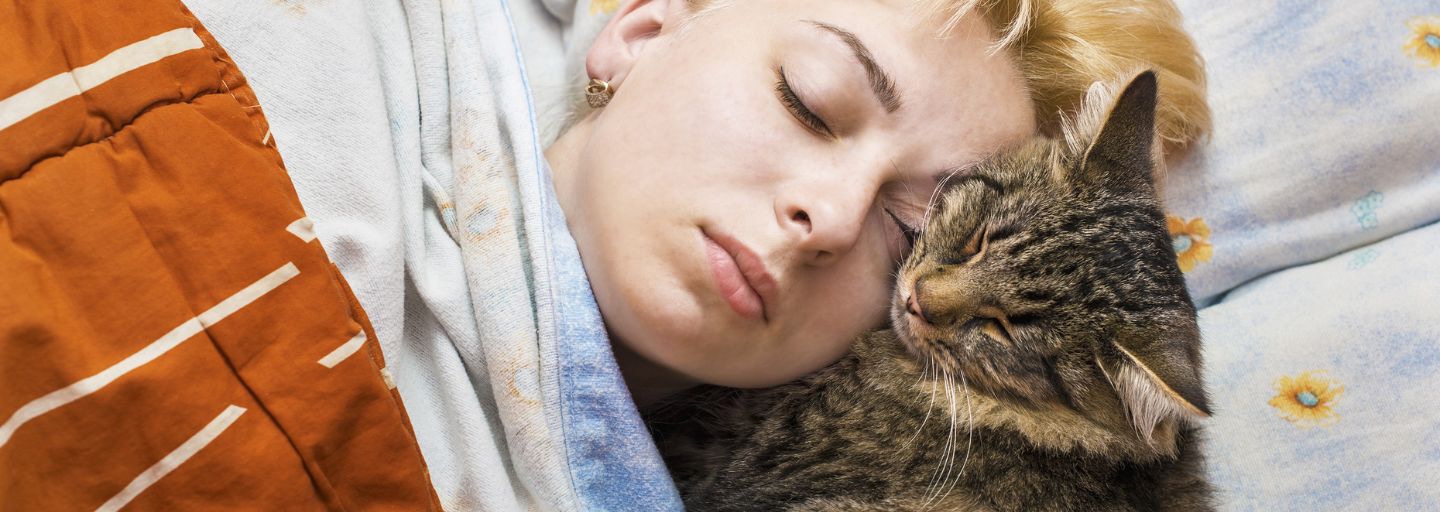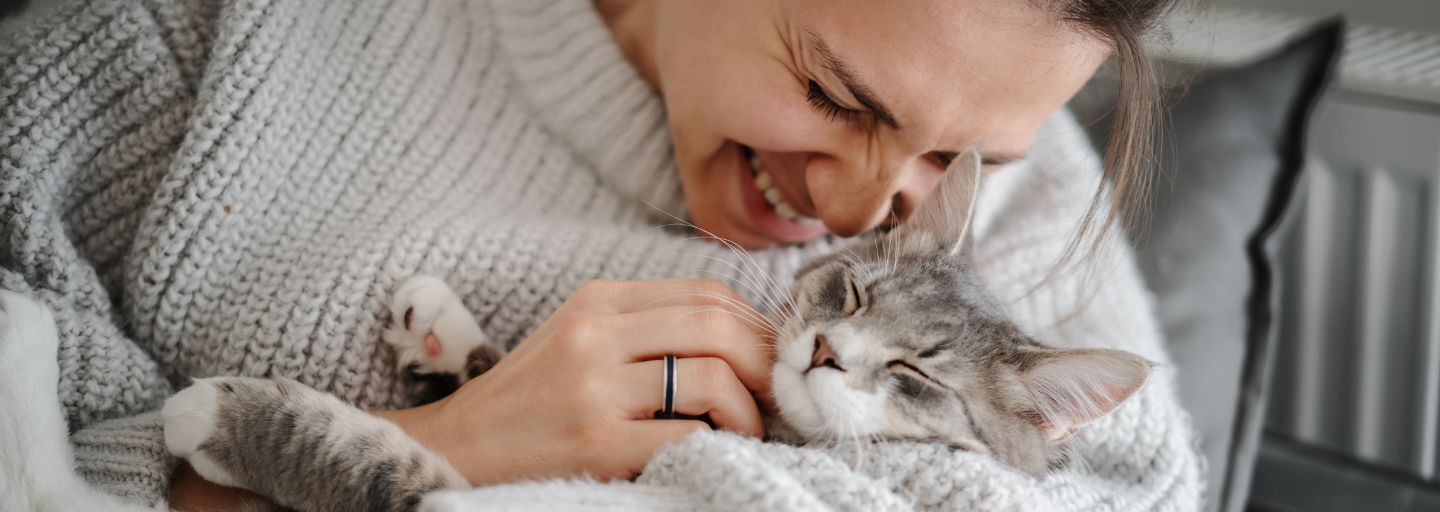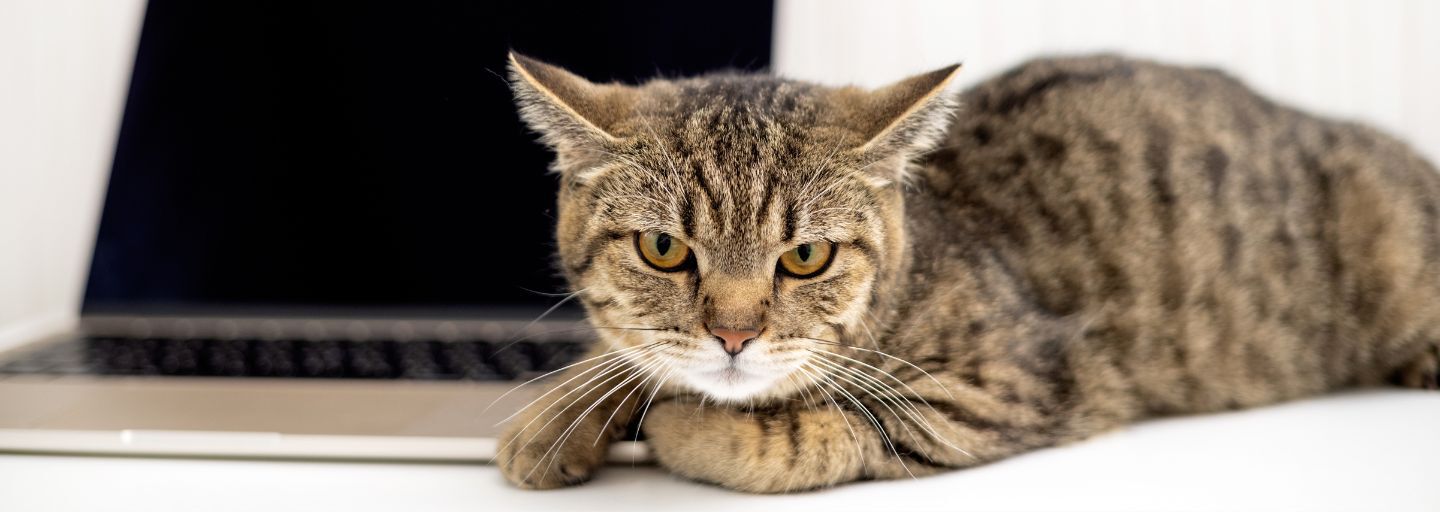The life expectancy of a cat is typically 12-15 years, with indoor cats usually living longer than outdoor cats. However, there are several factors that can influence a cat's lifespan, and taking certain measures can help increase their longevity and overall well-being.
Factors That Influence Life Span
- Breed: Different cat breeds may have varying life expectancies. Some breeds are known to have longer lifespans, while others may be more prone to certain health conditions that can affect their longevity.
- Physical Condition: Maintaining a healthy weight and overall physical condition is important for a cat's well-being. Regular exercise and a balanced diet can contribute to their overall health and potentially extend their lifespan.
- Hereditary Conditions: Some cats may be predisposed to certain hereditary conditions or genetic disorders that can impact their lifespan. It is important to be aware of any breed-specific health concerns and work closely with your veterinarian to manage and address these conditions.
- Diet: Providing your cat with a good quality, well-balanced diet that meets their nutritional needs is essential for their overall health and longevity. Consult with your veterinarian to determine the appropriate diet for your cat's age, breed, and specific health requirements.
- Veterinary Care: Regular veterinary check-ups are crucial for monitoring your cat's health, detecting any potential issues early on, and ensuring they receive necessary vaccinations and preventive care. Routine veterinary care can help identify and address health concerns before they become more serious.
- Lifestyle (indoors vs outdoors): Keeping a cat indoors can decrease the risk of trauma from accidents, such as being hit by a car or injured by other animals. Indoor cats are also less exposed to certain infectious diseases. Providing appropriate environmental enrichment, such as interactive toys, scratching posts, and climbing structures, is important to maintain their mental and physical well-being.
If you choose to let your cat outdoors, it is important to provide supervised access with enclosures or leash walking, or ensure your yard is safe and escape-proof. This allows for natural stimulation and exploration while minimizing potential risks.
Increasing Longevity:
To help increase your cat's longevity and overall well-being, consider the following:
- Nutrition: Feed your cat a good quality, well-balanced diet that is appropriate for their age and specific nutritional needs. Consult with your veterinarian to determine the best diet for your cat.
- Parasite Control: Regular treatment for parasites, such as worms and fleas, is important to keep your cat healthy. Follow your veterinarian's recommendations for preventive medications and regular deworming.
- Dental Care: Dental health is crucial for cats, as unhealthy teeth and gums can lead to pain, infection, and other health issues. Regular dental care, including brushing their teeth and providing dental treats or toys, can help maintain their oral health and prevent potential complications.
- Mental and Physical Stimulation: Engage your cat in regular play sessions, provide interactive toys, and create an enriching environment to keep them mentally and physically stimulated. This helps prevent boredom and promotes their overall well-being.
Remember, each cat is unique, and their lifespan can be influenced by various factors. By providing proper care, nutrition, and veterinary attention, you can help ensure your cat lives a long, healthy, and happy life. Regular communication with your veterinarian is essential for personalised guidance and recommendations based on your cat's specific needs.







